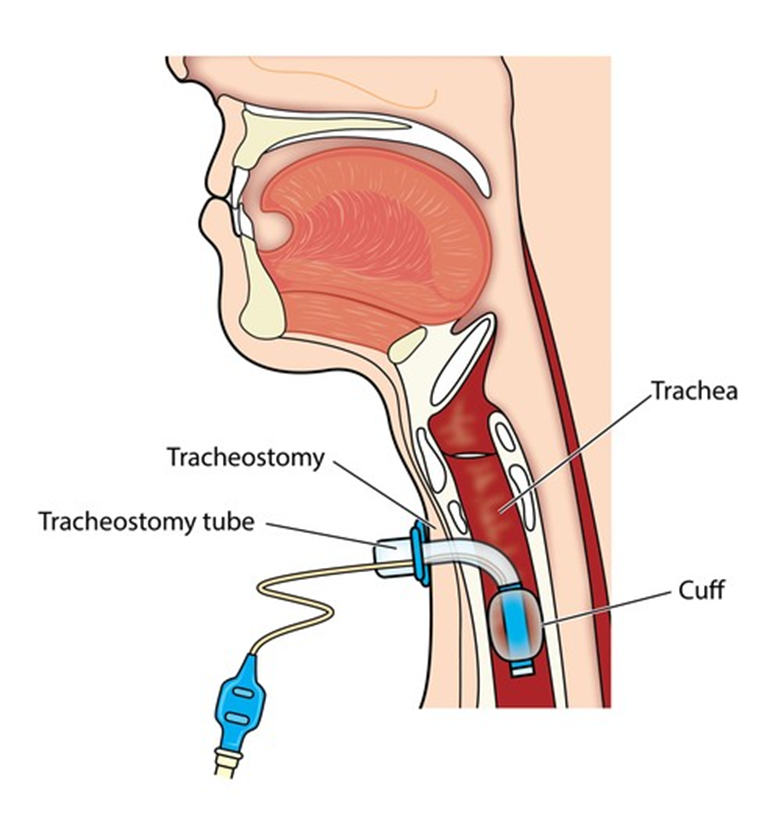On the second postoperative day, a client who had a colon resection is starting to eat and ambulate with assistance. Although the client has a prescription for an oral analgesic, they request that the PCA containing morphine be continued for one more day due to fear of pain. Which intervention is most important for the nurse to implement?
Measure urinary output to ensure renal functioning.
Administer the oral analgesic medication an hour before discontinuing the PCA pump.
Monitor for a depressed respiratory rate.
Teach about the need to progress to a high-fiber diet.
The Correct Answer is B
Choice A reason: Measuring urinary output is important for monitoring renal function, especially when using medications like morphine, but it is not the most critical intervention in this context.
Choice B reason: Administering the oral analgesic before discontinuing the PCA allows for the medication to take effect, preventing breakthrough pain and addressing the client's fear of pain.
Choice C reason: Monitoring for a depressed respiratory rate is crucial when a patient is on morphine, but the priority is to manage pain effectively as the client transitions to oral analgesics.
Choice D reason: Education on dietary needs is important for long-term recovery, but immediate pain management is a higher priority in the postoperative period.
Nursing Test Bank
Naxlex Comprehensive Predictor Exams
Related Questions
Correct Answer is C
Explanation
Choice A reason: Applying a water-soluble lubricant to the catheter is not recommended during tracheostomy suctioning as it may introduce contaminants.
Choice B reason: Instilling sodium chloride before suctioning is not a standard practice and can lead to complications such as edema.
Choice C reason: Wearing protective goggles is important to protect the nurse from potential splashes of bodily fluids during the suctioning process.
Choice D reason: Instructing the client to cough as the suction tip is removed is not recommended as it can cause discomfort and potential harm to the tracheal lining.

Correct Answer is D
Explanation
Choice A reason: A broad-spectrum antibiotic is not indicated for Addison's disease unless there is a concurrent bacterial infection.
Choice B reason: Regular insulin is used to lower blood glucose levels, which are not elevated in this case.
Choice C reason: Potassium chloride would not be prescribed as the potassium level is already high.
Choice D reason: Hydrocortisone is anticipated because it is a corticosteroid replacement therapy, which is essential for a patient with Addison's disease experiencing an adrenal crisis.
Whether you are a student looking to ace your exams or a practicing nurse seeking to enhance your expertise , our nursing education contents will empower you with the confidence and competence to make a difference in the lives of patients and become a respected leader in the healthcare field.
Visit Naxlex, invest in your future and unlock endless possibilities with our unparalleled nursing education contents today
Report Wrong Answer on the Current Question
Do you disagree with the answer? If yes, what is your expected answer? Explain.
Kindly be descriptive with the issue you are facing.
